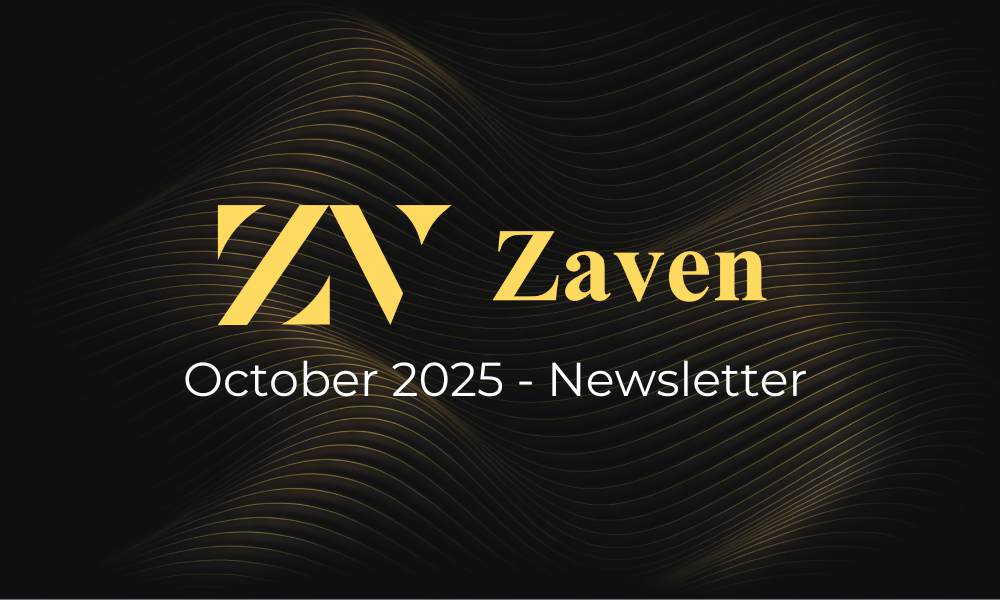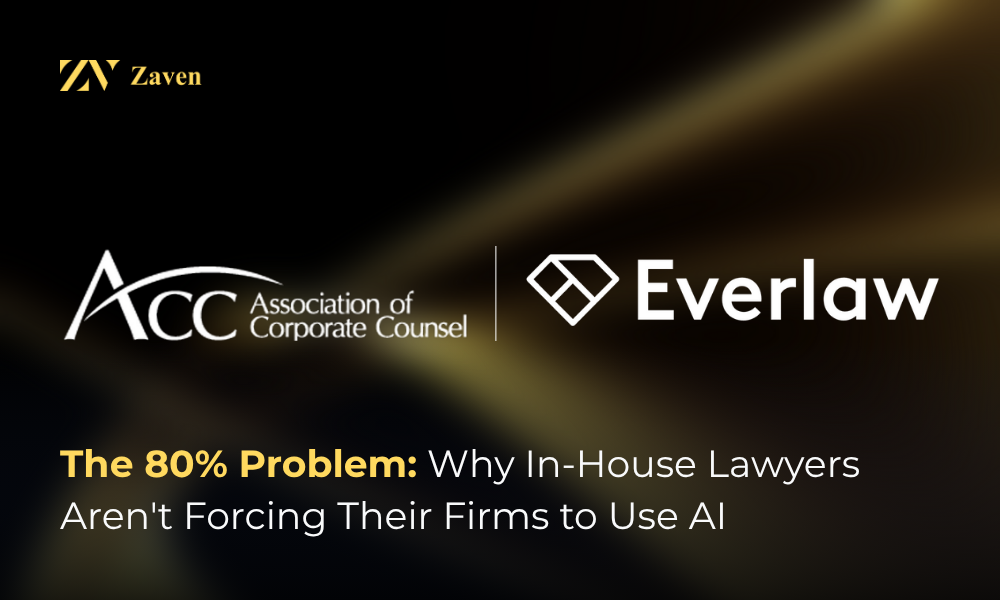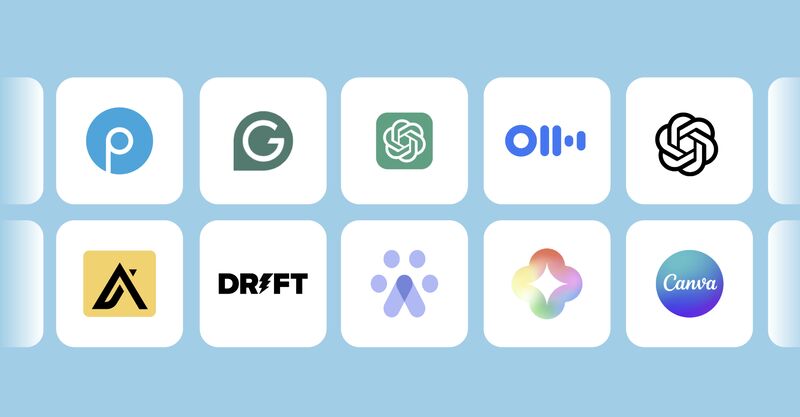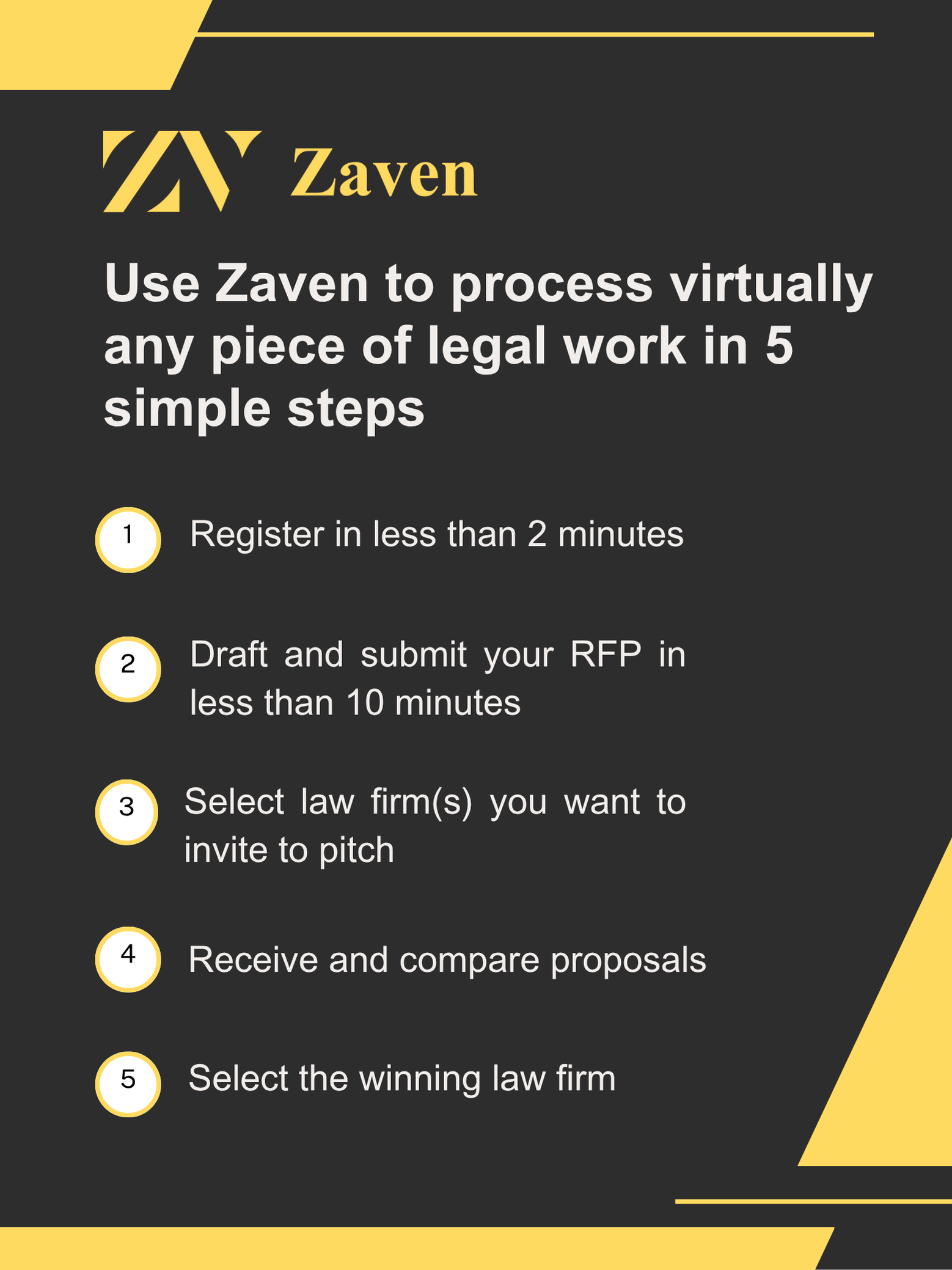Q: Why fix it if it’s not broken? What about the legal industry?
Ian: “I get it. In many ways, the legal industry seems like it doesn’t need fixing. If you walk into the Royal Courts of Justice, it’s almost like stepping back in time. Apart from a few laptops, not much has changed. It’s the same wigs, the same people, and the same way of doing things. So why change? But here’s the reality: the current system isn’t really working, especially when it comes to dispute resolution. Cases take a year and a half at minimum, cost a fortune, and for small businesses, it’s an exhausting and inefficient process. This is where technology should step in to make things faster, cheaper, and more bearable. Other industries have used tech to transform the way they operate, making things simpler and more accessible. We need that in litigation too. For most people, the legal process is stressful, expensive, and time-consuming, and they just don’t enjoy it. We can do better.”
Q: What does it take to see a real revolution in the legal industry?
Ian: “The legal industry is, by its nature, very conservative. There are so many vested interests in keeping things as they are. If we’re going to see real change, it’ll need a new mindset. And let me be honest, that’s not likely to come from within the legal industry itself—it has to be client-driven. At Pink VR, we’re not just tweaking the dispute resolution process; we’re rebuilding it to be faster, more efficient, and client-focused. We’re speaking directly to in-house counsel and C-suite leaders, bypassing traditional law firms. After spending 30 years in a law firm, I know how hard it is to break free from established ways. But clients want speed, cost-effectiveness, and simplicity, and they’re the ones who’ll drive this transformation.”
Q: Who will be the winners in legal tech?
Ian: “Looking around today, there are so many small companies in legal tech, and some are doing great work while others are still figuring things out. The real winners will be those who have ambitious, revolutionary goals. Take us at Pink VR, for example—we’re not just aiming for local change. Our platform is designed to handle disputes from any country under any legal system. We’re here to make cases work for businesses that can’t afford to get bogged down in a broken litigation system. The winners will be the companies aiming for that kind of impact, the ones with a moonshot mentality who want to bring back access to justice and make it feasible for businesses to get timely, fair decisions.”






